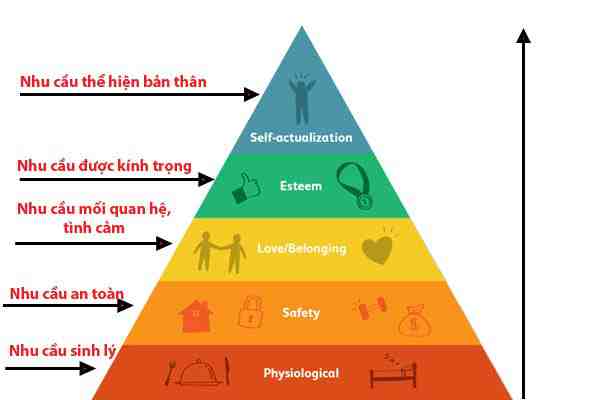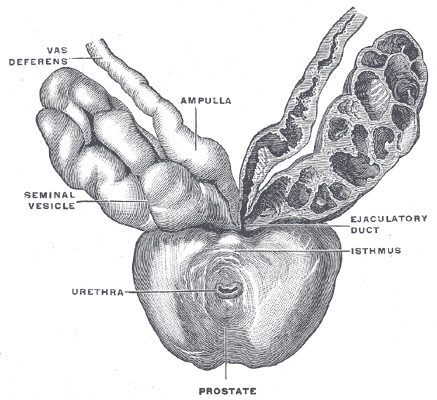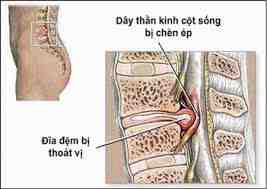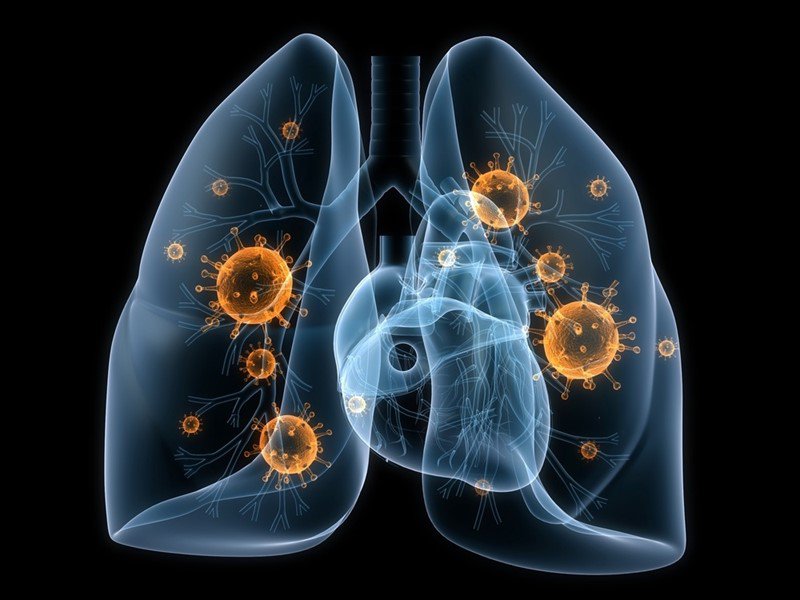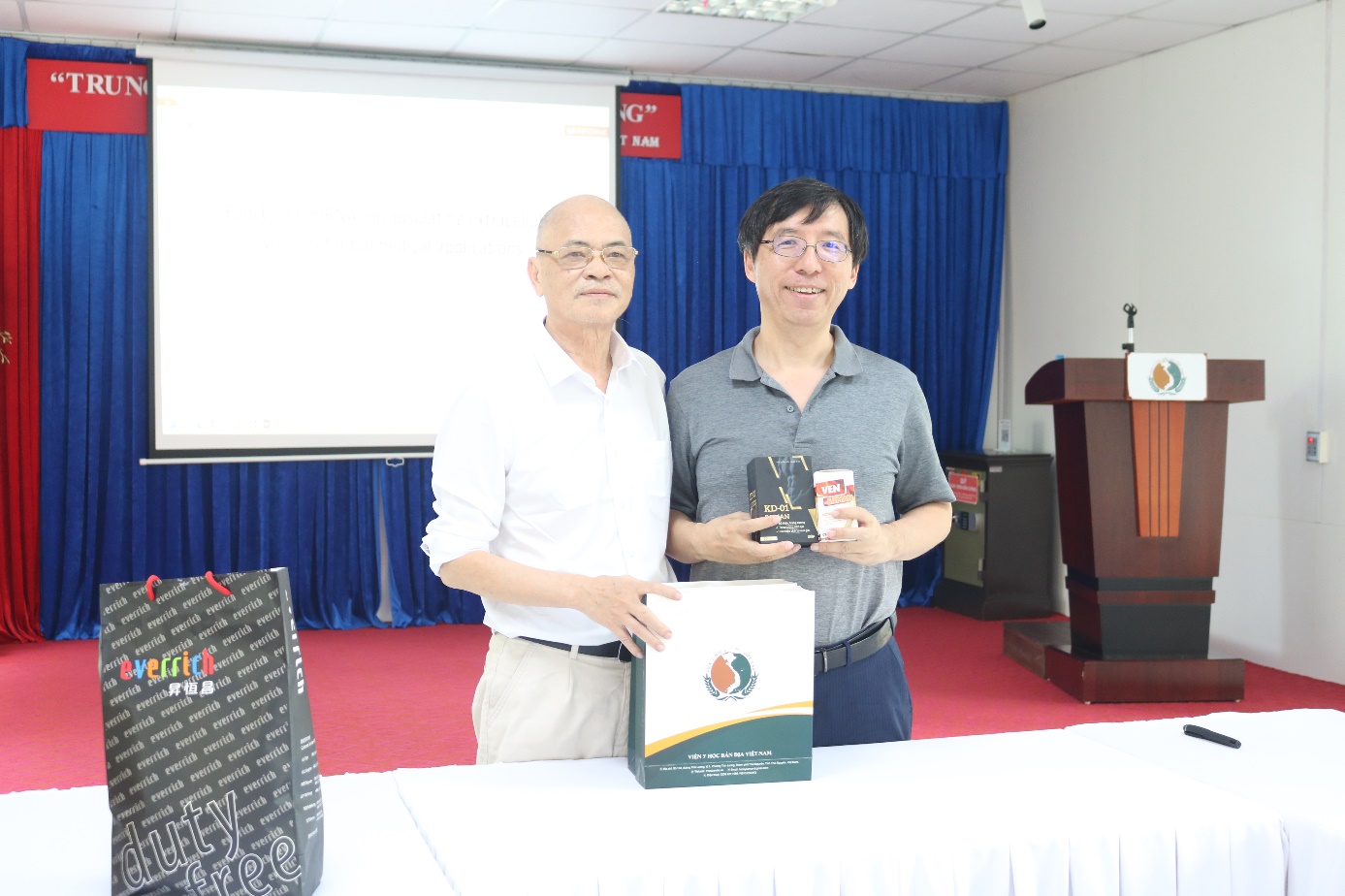
Alzheimer's disease (AD)
The aging process of middle-aged and old-age memory is different from the AD that physicians need to distinguish, that is: sometimes forget errands, misplace objects and look like pen glasses, reduce memory loss short-term like name, neighbor's name and I also forgot that… you used to forget. Alzheimer's is part of the brain atrophy syndrome we have written about, but it has its own characteristics.
Alzheimer's disease stage I: Loss of openness, appointment and forget, sometimes confusing situations of habit, but changes in this stage are often only noticed by relatives.
Alzheimer's disease stage II: It is difficult to remember information, it must be overcome by writing in notebooks; Heavy confusion in many cases; start talking hard; talk alone.
Alzheimer's disease stage III: too passive or too active; loss of self-awareness; anxiety, paranoia, loss of self-care, and death.
AD disease, also known as dementia. This disease has long been described in the medical books of shareholders called amnesia. With western medicine the disease was first described by the German physician Alois Alzheimer in 1906. AD was diagnosed in people over 65, although the early onset of the disease could have occurred much earlier. In 2006, 26.6 million people worldwide had AD. It is predicted that up to 1/85 AD people worldwide by 2050, if that is true, this disaster is worse than nuclear war. AD is considered to be only getting worse and worse like a heavy vehicle without braking, and is considered by physicians in general that there is no cure.
The initial symptom is often mistaken as forgetting his age or year of birth, or manifestation of stress. The difficulty of remembering new events, or short-term memory loss. When in doubt with AD, the diagnosis is usually confirmed with tests that assess the behaviors and ability to think, often accompanied by a brain MRI scan for a definite diagnosis. Confusion, irritability, aggression, mood swings, trouble with language and long-term memory loss are common. Gradually, body function is lost, eventually leading to death. Because the disease is different for each individual, predicting how it will affect the patient in the future is difficult. AD proceeds indistinctly, hard to recognize until it becomes completely clear, then it is already. Life expectancy after diagnosis is about 7 years. Just over 3% of individuals live more than 14 years after diagnosis.
As of 2012, more than 1,000 clinical trials have been or are being conducted but there is no conclusive evidence that the existing drugs are worth reversing the situation.
Because AD is a degeneration of the brain that cannot be cured, patients become increasingly dependent on others. Alzheimer's disease is therefore known to be a burden to the family and society; According to calculations by health economists, no disease has cost society as much as AD.
Genetic hypothesis: family genetics and gene mutations have been scientifically proven by genetics, but not all.
The cholinergic hypothesis: this is the earliest formulated hypothesis that is due to cholinecgic receptor damage or acetylcholine deficiency, but when supplementing with this substance, there is almost no evidence of AD being reversed.
Amyloid Hypothesis: In 1991, this hypothesis postulated that beta-amyloid accumulation, deposition in neurons, the links between individual cells is the main cause. Evidence from autopsy shows that beta-amyloid infection in patients is indisputable.
Tau Hypothesis: The hypothesis suppose that protein Tau is paired with another Tau, so they form neurofibrillary plexus inside nerve cells, causing the microtubules to disintegrate, collapsing communication system of neurons.
Other hypotheses: Herpes simplex virus type 1 has been proposed to play a pathogenic role in individuals carrying sensitive versions of the gene apoE. Some people think that copper (Cu) and aluminum (Al) diets play a role in the early formation of this disease.
Standard: The National Institute of Neurology and Communication Disorders and Stroke (NINCDS) and Alzheimer's disease and related disorders called Alzheimer's Association agreed on diagnostic criteria in 1984.
- Memory reduction
- Lack of language ability
- Decreasing cognitive skills
- Reduced interest
- Reduced the possibility of constructive comments
- Reduction direction
- Reduced ability to solve problems
- And functional capabilities
Early diagnosis: Analysis of cerebrospinal fluid to determine the levels of beta-amyloid and tau protein can predict the onset of Alzheimer's disease with sensitivity from 94% to 100%.
Prevent: Intellectual activity such as playing chess or regular social interaction is associated with a reduced risk of AD in epidemiological studies, although there is no causal relationship.
Drugs: There is currently no clinical trial protocol that is considered effective for AD.
Curcumin extracted from turmeric extract tested in 2010 has not shown benefit in people despite improved evidence in laboratory animals.
Lycopodiella cernua, phycobiont, Juglans regia and positive kidney tonic drugs ... are drugs used in amnesia of traditional medicine that need to be systematically studied in order to follow the traditional medicine that his father had more or less experience in this matter. The NEO 19 product, researched by the Vietnam Institute of Indigenous Medicine, is a vivid, positive example of herbs with dementia. Remember Mr. Nguyen S, phone number 9013 xxx x67, living in Hanoi, we accepted patients on May 26, 2014. Every night after eating, going to the gym and not knowing the way home, not remembering the house number, street name to ask, the children and grandchildren have to find. After 3 months of treatment according to the regimen, now he can play chess or go swimming, walking ... without forgetting the way back. This is just one example of patients currently being treated with NEO 19 and monitored.
Doctor Hoang Sam
President of Vietnam Institute of Indigenous Medicine




















